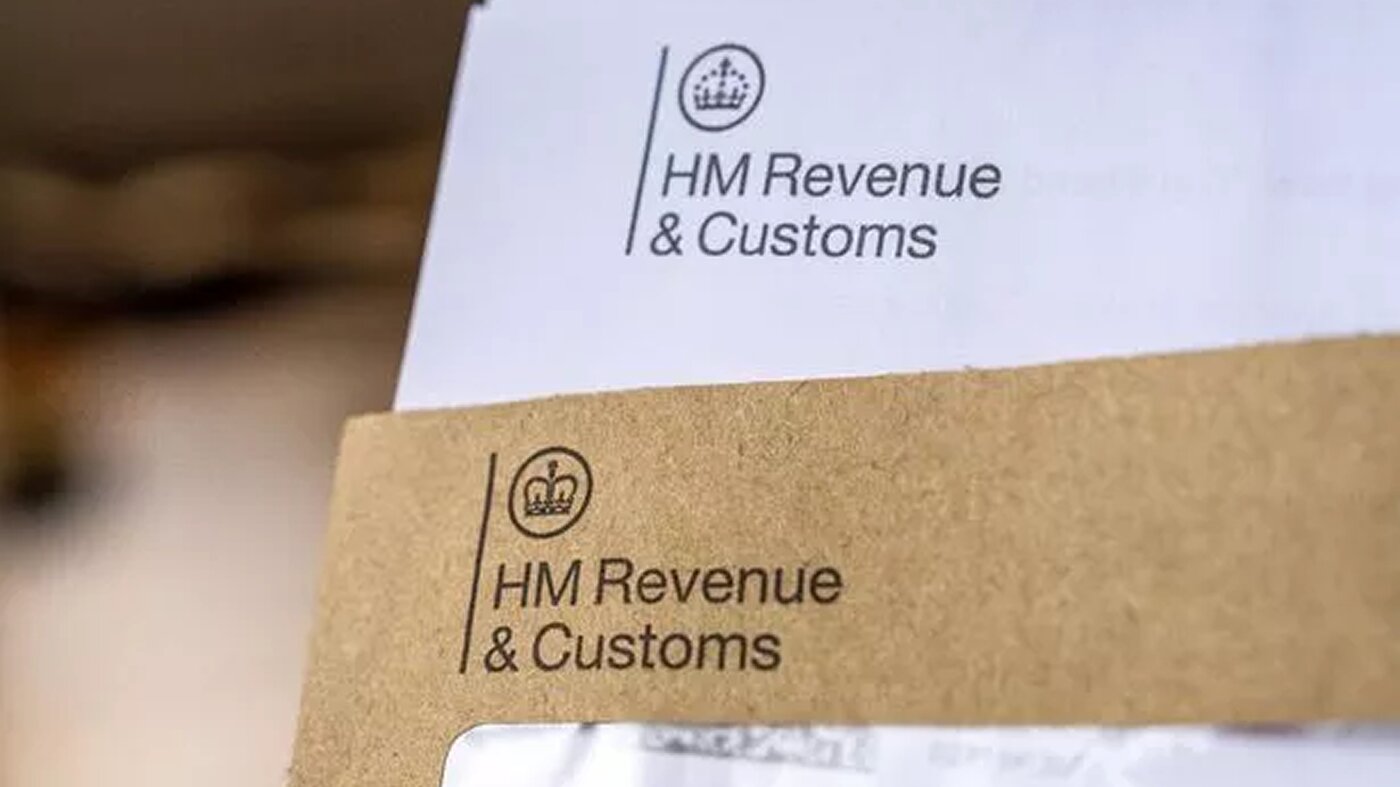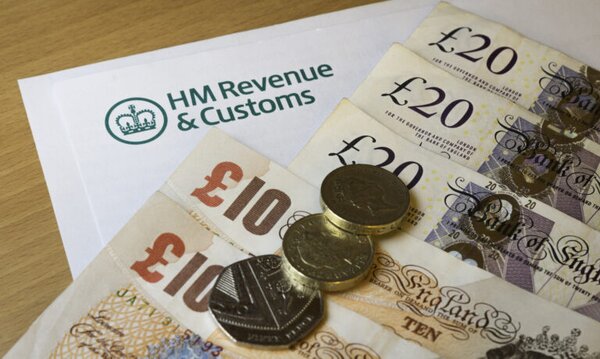Urgent HMRC Deadline Sparks Saver Alert
Millions of UK savers have been warned by HM Revenue and Customs (HMRC) to submit their paper Self-Assessment returns by October 31 or risk automatic financial penalties. The surge in affected taxpayers stems from rising interest rates that have pushed many ordinary savers into new and unexpected tax liabilities.
Financial experts caution that the deadline is especially critical this year as higher rates have dramatically increased the number of people breaching the Personal Savings Allowance (PSA) thresholds, creating what analysts describe as a “perfect storm” for household finances.
Interest Rate Surge Pushes Savers Into Tax Territory
Since 2021, the Bank of England’s rate hikes have transformed the savings landscape. While the PSA has remained frozen, interest on deposits has climbed to around 5%, meaning even modest savings now trigger tax obligations.
Previously, a basic-rate taxpayer could hold over £150,000 in savings without paying tax on interest. Today, that same taxpayer exceeds their £1,000 tax-free limit with just £19,600 in savings or £9,800 for higher-rate taxpayers.
Millions Now Owe Tax on Savings Interest
According to HMRC estimates, the number of people paying tax on savings interest has quadrupled in just four years from 647,000 in 2021/22 to a projected 2.64 million by 2025/26. This equates to one in every 25 basic-rate taxpayers and one in eight higher-rate taxpayers.
With additional-rate taxpayers receiving no allowance at all, even small gains are fully taxable. Analysts warn that many households, unaware of these thresholds, could face surprise bills or tax code adjustments if they fail to declare the interest correctly.
Penalties Await Those Who Miss October 31 Cut-Off
Missing the October 31 paper return deadline can trigger automatic fines from HMRC, followed by further penalties if delays continue. Electronic returns can still be filed until January 31, but savers opting for paper submissions must act now to avoid charges.
The tax authority emphasises that interest earned above the PSA must be declared through Self-Assessment. Those uncertain about their liability are encouraged to contact HMRC’s helpline at 03 for clarification.
Government Revenue From Savings Tax Soars
The Treasury stands to gain more than £6 billion from savings tax revenue this year a fourfold increase in just five years. This reflects both rising interest rates and frozen tax allowances, which together have expanded the pool of taxpayers affected.
Critics argue that frozen thresholds represent a “stealth tax”, pulling millions into the tax net without any change in law. With inflation cooling but wages stagnating, the tax burden on middle-income savers is expected to remain elevated into 2026.
Financial Experts Urge Savers to Take Action
Kevin Mounford, co-founder of Raisin UK, described the October 31 deadline as “crucial” for millions of households. “Missing it can mean automatic penalties from HMRC,” he said, urging savers to review their accounts and make use of Individual Savings Accounts (ISAs) where possible.
He added: “This is no longer just an issue for wealthy savers everyday households are now at risk of losing part of their hard-earned interest to the taxman. Managing where your money sits has never been more important.”
Planning Ahead to Avoid Future Shocks
Experts recommend reviewing savings portfolios and spreading funds across tax-efficient options. ISAs, premium bonds, and certain investment vehicles allow interest to accumulate without affecting PSA limits.
As millions prepare for the tax filing rush, HMRC stresses that staying informed and filing on time are key. For many, this year marks the first time their savings have become taxable, signalling a major shift in how everyday savers must now manage their money.











